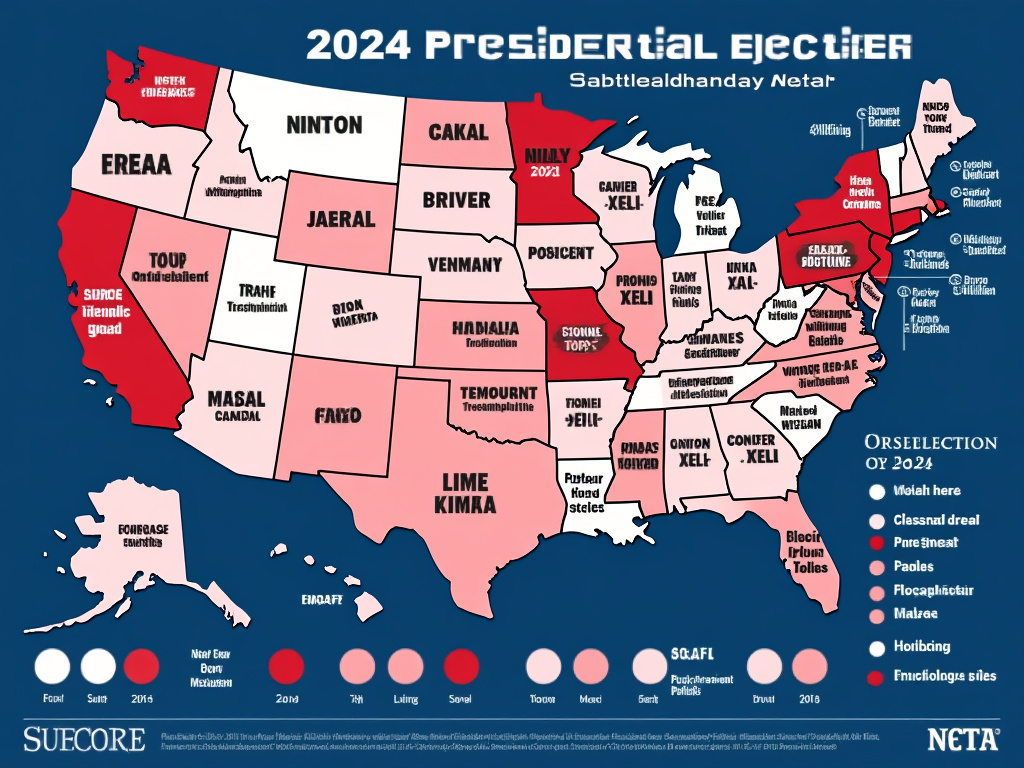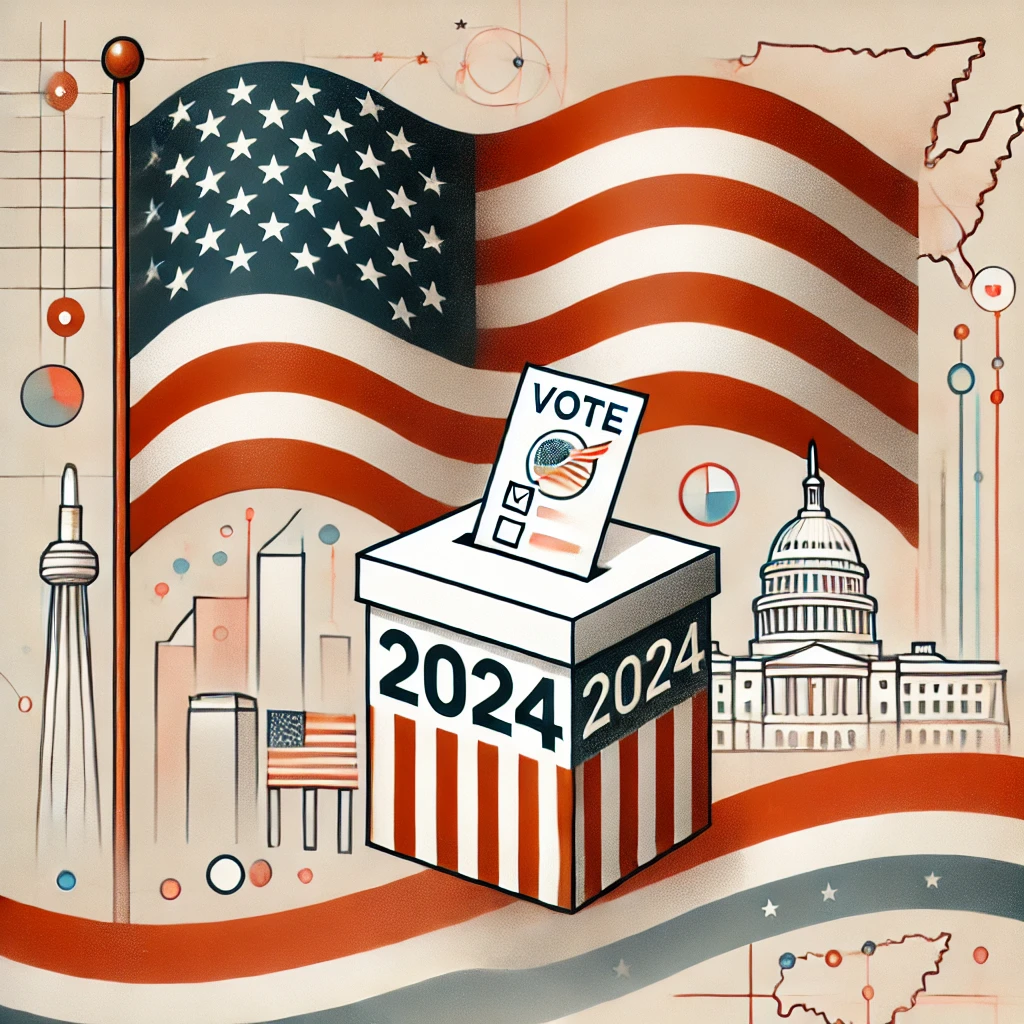As the United States gears up for the 2024 Presidential Election, all eyes are on the battleground states, where the electoral votes are up for grabs and could determine the outcome of this highly anticipated contest. With a unique blend of issues like inflation, immigration, economic recovery, and foreign policy taking center stage, this election cycle promises to be as unpredictable as it is crucial.
Economic Concerns at the Forefront
In the current political climate, economic issues dominate the discourse. Posts on X reveal that inflation and the cost of living are at the top of voters’ concerns. The aftermath of global economic disruptions has left many Americans feeling the pinch, making economic policy a battleground in itself. Both parties are grappling with how to address these concerns, with promises ranging from tax cuts to comprehensive economic plans aimed at revitalizing job markets and controlling inflation.
The Role of Immigration
Immigration and border security also rank high among voter priorities, especially in states where these issues directly impact local economies and demographics. The policies proposed by candidates in states like Arizona and Nevada will play a significant role in swaying undecided voters. The debate around immigration touches not only on security but also on the broader themes of inclusion, workforce needs, and humanitarian considerations.
Foreign Policy and Its Domestic Impact
While traditionally foreign policy doesn’t significantly sway U.S. elections, the ongoing conflicts, particularly the Israeli-Palestinian issue, as mentioned in social media posts, might alter this dynamic in 2024. The electorate’s view on how the U.S. should engage with the world could influence voting patterns, especially among younger voters and in states with significant diaspora communities.
Swing States and Their Significance
- Arizona: Known for its recent flips between parties, Arizona remains a key battleground. The economy, immigration, and environmental policies are focal points here.
- Georgia: After its surprising shift in 2020, Georgia continues to be pivotal. Voter turnout, especially among African American communities and suburban voters, will be critical.
- Pennsylvania: With its diverse voter base ranging from urban to rural, Pennsylvania’s economic recovery post-pandemic and its stance on social issues will be decisive.
- Michigan and Wisconsin: These Midwestern states, part of the “Blue Wall” that crumbled in 2016, are again in play. Labor issues, manufacturing, and healthcare are likely to dominate discussions.
- North Carolina: A toss-up state where demographic changes and urban growth in places like Charlotte might sway the vote.
- Nevada: The influence of the Hispanic vote and economic policies concerning tourism and gaming will be central themes.
The Electoral College and Voter Sentiment
The Electoral College system ensures that these battleground states receive disproportionate attention from candidates, as securing their electoral votes can be the difference between victory and defeat. However, there’s an underlying tension regarding the legitimacy of this system, with some posts on X suggesting potential legal challenges or discussions about its reform.
Conclusion
The 2024 election, set against a backdrop of economic recovery, social justice movements, and international turmoil, is shaping up to be a referendum not just on the candidates but on the direction of the country. The battleground states, with their diverse populations and pivotal electoral votes, are not just geographical areas but symbols of America’s complex political landscape. As November approaches, the strategies employed in these states will likely reflect broader national trends, making them microcosms of the U.S. electoral process.
The narrative of this election will be written in the malls, town halls, and social media posts of these key states, where every vote counts, and the future of American policy hangs in the balance.



